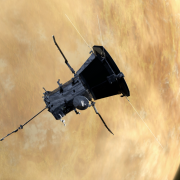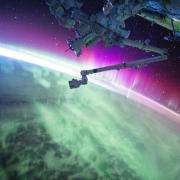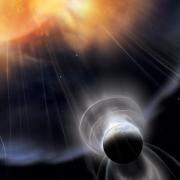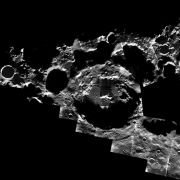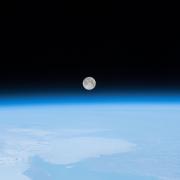For 75 years, CU Boulder has been a leader in space exploration and innovation. We travel to space to monitor sea level rise, melting ice, weather patterns and more. Our researchers explore how to track and remove dangerous debris in space. We research the health of humans in space to inform medical applications for people on Earth. Learn more about the latest in space research and science at CU Boulder.
Search
CU Boulder Today


